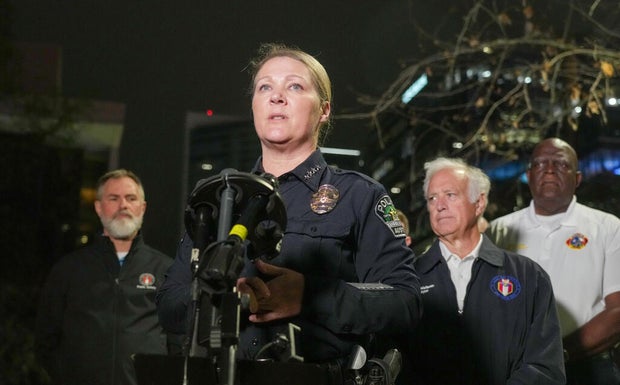American tech group IBM is closing down the majority of its research and development efforts in China, becoming the latest US company to pull back from the world’s second-largest economy amid increasing tensions between Washington and Beijing.
Employees said more than 1,000 staff were losing their jobs, spread between several offices in mainland cities and working in two research-focused units — China Development Lab and China Systems Lab.
IBM’s move to shed R&D staff comes as a broader retrenchment by American companies takes place in China. In May, Microsoft offered to relocate hundreds of Chinese staff working on cloud and artificial intelligence as the US continued to restrict China’s access to sensitive technologies. Microsoft had earlier closed its LinkedIn social networking site in the country.
Jack Hergenrother, an IBM executive, cited tougher competition when he informed staff of the cuts in a virtual meeting on Monday. He said its China infrastructure business was shrinking and the group was shifting R&D work closer to customers outside the country, according to Chinese media outlet Jiemian, which first reported the news.
IBM’s local business faces Chinese rivals benefiting from top-down Beijing directives to local governments and state-owned groups to buy more tech products from domestic providers.
“In recent years, IBM has been continuously reducing their presence — part of the decoupling,” said a former employee.
Sales at the China arm fell nearly 20 per cent in 2023 from a year earlier, while the Asia-Pacific region as a whole contributed 11.7 per cent of IBM’s $62bn in revenues. The tech group has also been trimming staff in other regions to boost its bottom line.
Some affected IBM employees in China were given the option to relocate to other countries, while others were offered severance based on the length of their employment if they agreed to their exit packages within three weeks, two staff members said.
The US group closed another big R&D unit — the Beijing-based China Research Lab — in 2021.
Another former employee noted IBM’s business in China faced difficulties. “Just like it sold the ThinkPad [laptop] business to Lenovo, it now has to shut down CDL and CSL. The businesses were not making good profits,” the person said.
Chinese corporate records show IBM has more than 7,500 staff in the country, with a big office in the north-eastern city of Dalian. A large research team in China could complicate winning contracts from the US government, a major customer for “Big Blue”.
IBM said it “adapts its operations as needed to best serve our clients, and these changes will not impact our ability to support clients across Greater China region”.










































